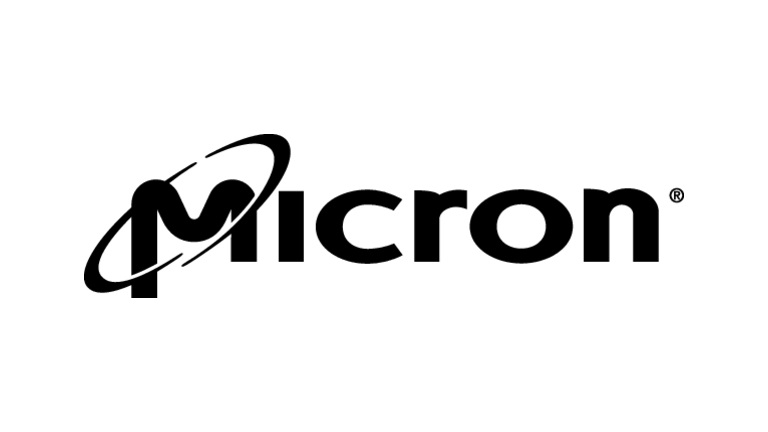EBV & Micron – Expert Round Up
No question remains unanswered!

The Information Age
We live in the Information Age. With the proliferation of new digital storage technologies, the amount of globally stored information exploded, reaching staggering 59 zettabytes in 2020. Fast access to a vast amount of information laid the foundations for new concepts such as Industry 4.0, enabling new business models and more efficient use of our limited resources. However, these emerging concepts bring new challenges for the storage media manufacturers, demanding robust performance and high endurance in a smaller form factor.
Micron's 2100 AI/AT SSDs: Reliable solution for emerging applications
Micron, one of the world's largest and most innovative memory and storage manufacturers, recently introduced the 2100 AI/AT series SSDs, combining the benefits of the low-latency PCIe®/NVMe™ interface and the 64-layer Triple-Level Cell (TLC) 3D NAND technology. The 2100 AI/AT series SSDs are designed to withstand harsh conditions in the industrial and automotive environment while delivering robust performance in a small M.2 or BGA form factor. By providing a rich set of performance, reliability, and security features, Micron's 2100 AI/AT SSDs represent a perfect storage solution and a firm basis for emerging applications in industrial and automotive segments.
Information is everything - especially if it's easily accessible!
Information is the basis of modern society. With the right information, you can avoid possible roadblocks in your design and reduce time to market. In our relentless pursuit of valuable information, we at EBV teamed up with SSD experts from Micron and recorded a series of video interviews, hoping to share them with you. Micron's experts explained what distinguishes their SSD solutions from the competition, revealing some interesting details about the technology behind their innovative 2100AI/AT series SSDs for industrial and automotive applications. With the uncertainty out of the way, you will be able to achieve your development goals with great confidence!
These are some of the questions we asked:
- What are the key benefits of Micron's industrial-grade PCIe NVMe SSDs? Can you please explain in more detail?
- Can you please explain the advanced implementations of data protection and data integrity in power failure events?
- SATA is becoming obsolete, while the capacities of the NVMe devices increase exponentially. Can you tell us more about this?
- How does a small form-factor of both M.2 devices and BGA NVMe chips provide benefit to the emerging edge computing platforms?
- Is there AEC-Q100 or similar automotive qualification related to Micron SSD 2100 series?
- How does Micron 2100AI/AT SSD manage to support operating under wide temperature variations in automotive and industrial environments while still delivering reliable performance?
Meet the experts from Micron
ebv content library/home/manufacturers/m/micron-technology/expert-round-up/ebv - ebv and micron - expert round up static html
EBV - EBV & Micron - Expert Round Up Static HTML

